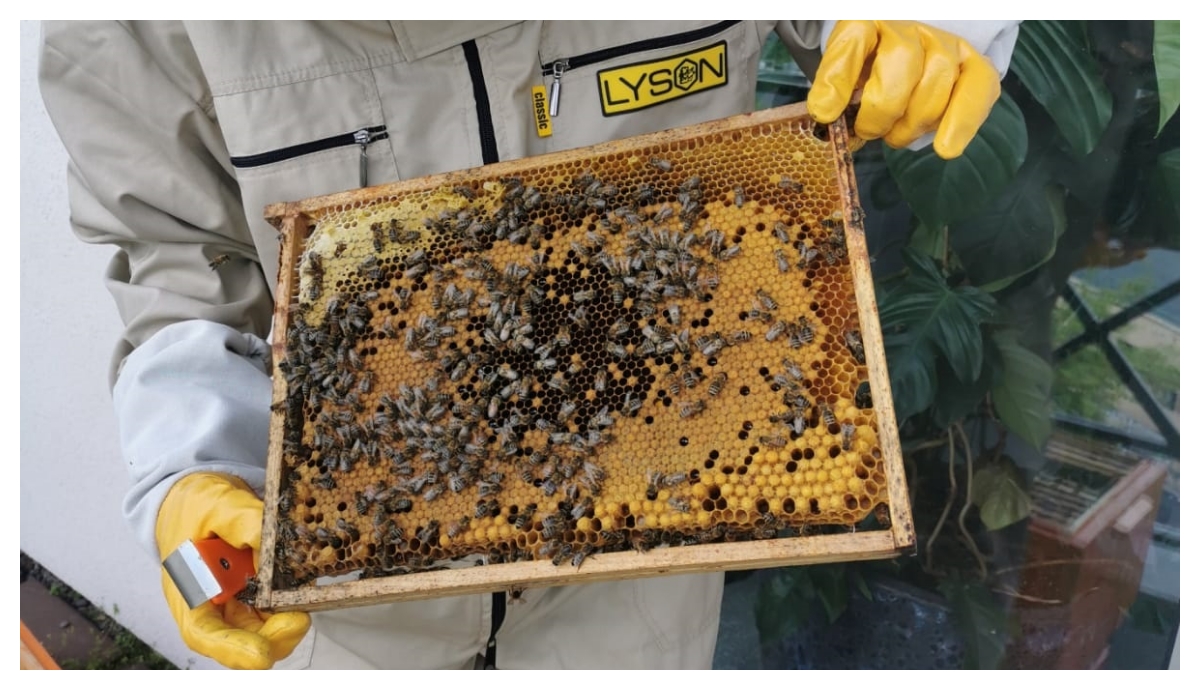 Beehives - UPL Poland's balcony
Beehives - UPL Poland's balcony


We Can Bee Heroes
A hive of activity
Crop cultivation developed independently in different cultures around the world – in Asia, the Americas, and Africa – but the earliest farms are believed to have developed around 12,000 years ago in the fertile crescent of what is now the modern Middle East.
The ‘neolithic revolution’ has been called humanity’s greatest invention. The steady food supply offered by crop cultivation allowed humanity to develop the urban centres from which sprang science, art, philosophy, and more.
Symbiotic relationships
Today agriculture is as vital as ever. Global primary agricultural production is estimated at just over US$5 trillion and by 2050 it is projected to need to feed around 9.7 billion people. Of all humanity’s industries, agriculture is perhaps the one with which we have the most symbiotic relationship; both our ancient farming ancestors and our modern farming heroes we’re celebrating in this book have much to be proud of.
Yet, humans – even hero farmers – cannot take all the credit. All this would have been impossible without a partner that exemplifies symbiosis, collaboration, and sustainability. A cultivator, creator, and carer. One whose business is still buzzing after at least 140 million years. The original hero of farming… The bee.
Tiny heroes, massive roles
Of all pollinators, bees have been shown to be the most effective and efficient with at least a third of the world’s agricultural crops depending on them. And not only do they work for free, providing services worth over US$3,250 per hectare per year globally, bee pollination improves yields and quality to increase farmer profits.
Sadly, honeybees across the world are suffering and helping these tiny partners is a duty for all of us. In rural areas, allowing wide margins of grass and wildflowers to grow around crops can cheaply and easily aid wild bee populations. But what can we do in urban environments?
New recruits
In Poland’s UPL office, our colleagues have some new recruits. They’ve installed two beehives on their office balcony, 22 in employees’ gardens, including 6 honey bee and 16 solitary bee hives, and provided over 120 solitary bee hives to farmers. Urban apiaries allow cities to develop more sustainably, rebuild bee populations, and help pollination. The UPL bees have also produced about 200 kilograms of honey over the past year!
At UPL, our OpenAg network reflects a commitment to collaboration. We’re proud to consider bees vital partners to us, to farmers, and to humanity. They may be little, but they’re our busiest heroes.

Related Stories
